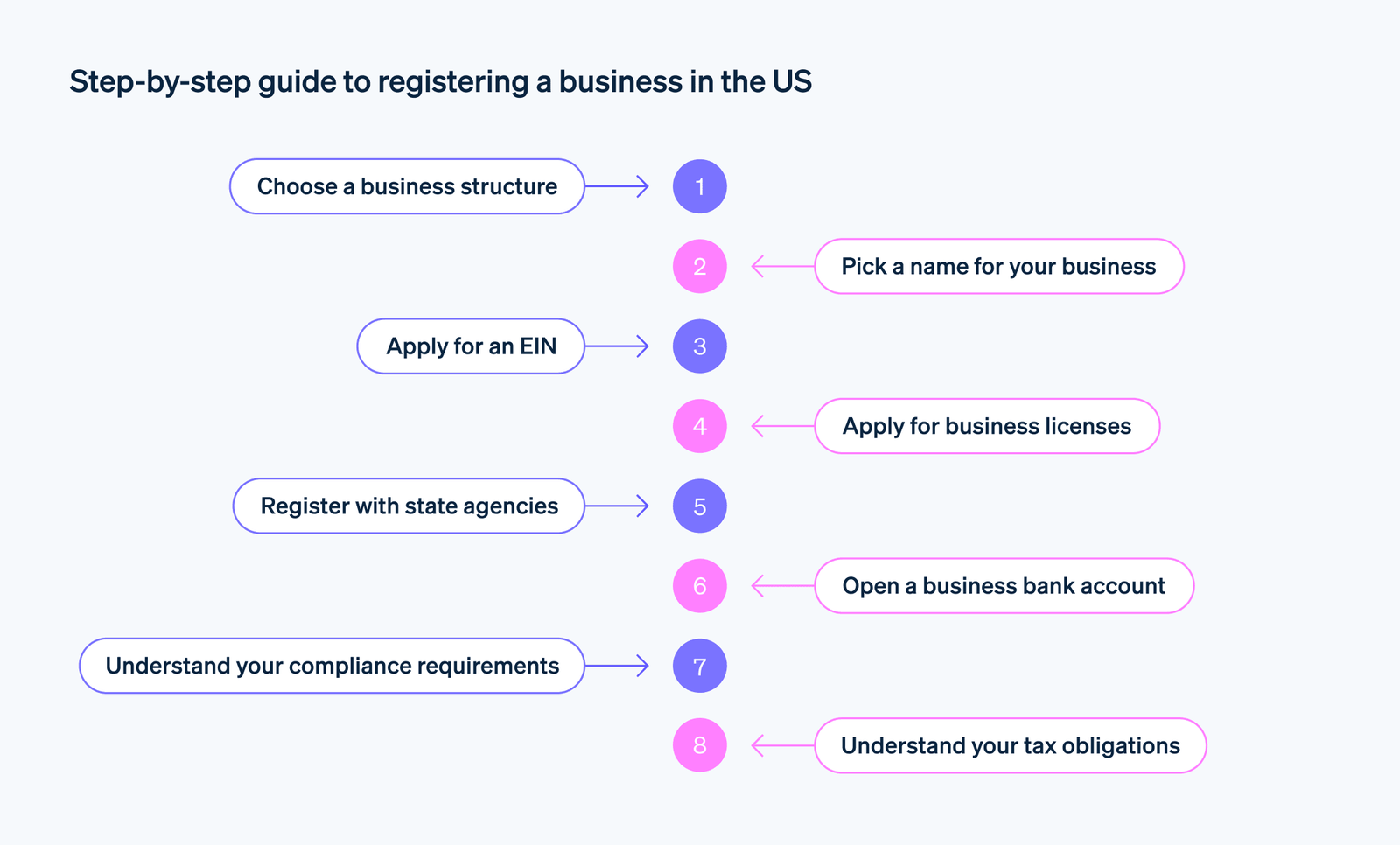California is one of the most dynamic and competitive real estate markets in the U.S., offering opportunities for agents, investors, developers, and property managers . Whether you’re looking to become a licensed agent, buy your first home, or invest in rental properties, this guide will walk you through everything you need to know to do real estate in California successfully.
Step 1: Choose Your Real Estate Path
There are several ways to get involved in real estate in California:
- Real Estate Agent : Help clients buy/sell homes under a licensed broker.
- Broker/Owner : Start your own brokerage and manage agents.
- Investor : Buy, rent, flip, or hold properties for long-term appreciation.
- Property Manager : Manage rental properties on behalf of owners.
- Developer : Acquire land and develop residential or commercial projects.
Each path has different startup costs, licensing needs, and income potential.

Step 2: Get Licensed (If Applicable)
Most real estate professionals must be licensed by the California Department of Real Estate (DRE) .
Common Licenses:
- Salesperson License : Required to work as an agent under a broker.
- Broker License : Needed to open your own brokerage.
Typical Requirements:
- Be at least 18 years old
- Have a high school diploma or GED
- Complete pre-license education (60–180 hours)
- Pass a state exam
- Undergo a background check
Check the DRE website for exact details.
Step 3: Build a Legal Foundation for Your Business
Choose a legal structure that protects your personal assets:
- Sole Proprietorship : Simple but no liability protection.
- LLC (Limited Liability Company) : Most popular for small businesses.
- Corporation : For larger operations.
- Partnership : For co-owned businesses.
Steps to set up:
- Choose a unique business name
- Register with the California Secretary of State
- Get an EIN from the IRS
- Open a business bank account

Step 4: Join or Start a Brokerage (If You’re an Agent)
New agents must join a licensed brokerage unless they have a broker license.
When choosing a brokerage:
- Look for training and mentorship
- Evaluate commission splits and fees
- Check access to MLS (Multiple Listing Service)
- Consider technology and marketing support
Build relationships with experienced agents to grow faster.
Step 5: Create a Strong Brand and Online Presence
A professional brand helps attract clients and build trust.
Create:
- A professional logo and consistent branding
- A branded website with listings and testimonials
- Active social media profiles (Facebook, Instagram, LinkedIn)
- Google Business listing for local visibility
Use SEO strategies and high-quality images to stand out online.
Step 6: Develop a Marketing Strategy
Marketing is essential for generating leads and closing deals.
Effective tactics include:
- Social media advertising and content marketing
- Email newsletters and drip campaigns
- Hosting open houses and community events
- Partnering with local businesses
- Using CRM software to manage client relationships
Tools like Mailchimp, Canva, Zillow Premier Agent, and Facebook Ads can help streamline your efforts.
Step 7: Learn How to Buy and Sell Property
Whether you’re helping clients or investing yourself, understanding transactions is key.
Buying Real Estate in California:
- Determine budget and financing options
- Get pre-approved for a mortgage
- Work with a real estate agent
- Make offers and negotiate terms
- Conduct inspections and close the deal
Selling Real Estate in California:
- Prepare and stage your home
- Price competitively based on comps
- List on MLS and market effectively
- Review and accept offers
- Close the transaction through escrow

Step 8: Explore Real Estate Investment Opportunities
California offers strong returns for strategic investors.
Popular Investment Strategies:
- Rental Properties : Generate monthly cash flow
- Fix-and-Flip : Renovate undervalued homes for profit
- Wholesaling : Assign contracts to other investors
- REITs : Invest in real estate without owning physical property
- Commercial Real Estate : Office, retail, industrial spaces
Focus on markets like Los Angeles, San Francisco, San Diego, Orange County, and Sacramento , where demand remains strong.
Step 9: Stay Compliant and Keep Learning
Real estate laws and market conditions change constantly.
Stay ahead by:
- Renewing your license every 4 years
- Taking continuing education courses
- Staying updated on fair housing laws and ethics
- Joining professional associations like CAR (California Association of Realtors®) or NAR (National Association of Realtors®)
Step 10: Scale Your Real Estate Business
Once established, look for ways to grow:
- Expand into new markets or property types
- Launch a real estate investment fund
- Start a podcast or blog to build authority
- Offer coaching or mentoring services
- Open a second office or franchise
Use automation tools and systems to scale efficiently.
FAQ: Frequently Asked Questions About Doing Real Estate in California
Q: Do I need a college degree to start a real estate business?
A: No, a high school diploma is sufficient, though some agents pursue degrees in business or finance.
Q: How much does it cost to start a real estate business?
A: Initial costs range from $1,000 to $10,000+, including licensing, branding, marketing, and tools.
Q: Can non-U.S. citizens do real estate business in California?
A: Yes, if they have legal authorization to work in the U.S. and meet all licensing requirements.
Q: Is real estate a good business to start?
A: Yes, especially if you’re self-motivated, willing to network, and ready to invest time in learning and marketing.
Q: What are the biggest challenges in real estate business?
A: Building a steady client base early on, managing cash flow, staying compliant with regulations, and balancing marketing with daily operations.
Join The Discussion